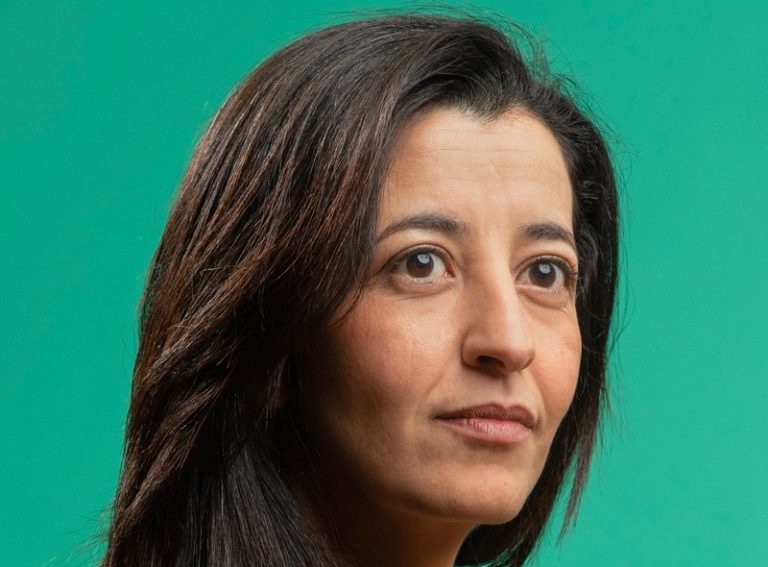On Thursday 03 October, Zag Daily and Bolt will be hosting an exclusive event in London to tackle one central question – what is the sweet spot for micromobility regulation in Europe?
Bolt has one of the largest micromobility footprints of any operator in the world, deploying more than 200,000 vehicles across 300 cities in 28 countries.
Ahead of the event, we sat down with Bolt’s VP Rentals for micromobility and carsharing Dmitri Pivovarov to understand how the idea for this event came about and why now.
Zag: Why do we need an event focused on finding the regulatory sweet spot?
Dmitri: “Regulations are critical for this sector. They can make or break micromobility because they affect all the important aspects like competition, fleet size, and pricing for end users. We know if scooters are too expensive to rent, or if there are too few of them, then people won’t use them and then the switch from personal cars to lighter transport, which the cities are after, will not happen.
“The reason this event is so timely is because we see from recent examples in London, Madrid and Paris that tenders don’t address the key concerns around e-scooters. The focus should be on rider experience, safety and parking compliance – not on limiting competition between providers. And that can be achieved with better regulatory forms such as MOUs, authorisation regimes and open markets with clear rules and regulation. We also see how restricting micromobility early on prevents cities from unlocking its full potential. Shared bikes and scooters can complement public transport. Unfortunately, some of the UK shared e-scooter licenses were awarded based on overpromises, and not putting the rider and overall road safety at the center of the design.”
Zag: Bolt recently partnered with Deloitte to conduct a major 155-city study on shared micromobility regulation. Can you explain what the key findings were?
Dmitri: “Yes this was a really important investigation because, to date, little empirical research has been conducted to assess the efficacy and impacts of each regulatory model. So this study grouped all regulatory models into three categories – Light, Medium and High regulation. Light regulation is open markets where e-scooter services are not subject to regulatory restrictions. Medium regulation consists of authorization regimes where operators obtain a permit to operate, while not restricting the number of operators, and High regulation is tenders where operators submit competitive bids. Deloitte did a really forensic study, and the results are quite clear – tenders result in higher prices for consumers and less flexibility for cities. Cities are somehow led to believe that tenders give them more opportunity to control the operators and enable better monitoring and management. In reality, flexible medium regulation results in the same level of control over operators, but with more flexibility for cities to replace non-performing operators, more affordable pricing and higher adoption from consumers. Medium works best because it balances the benefits of control for the city while still allowing for competition. Tenders restrict competition and then if you’re locked in for, say, 5 years with a city you don’t need to innovate, and since there’s no competition pressure, you can raise your prices which means users don’t get the service they want.”
Zag: Is there any length of tender contract that you think can work?
Dmitri: “No, not really. If it’s too short, what happens is that an operator will rent a warehouse, invest in the city, hire people, and then you don’t get an extension of the contract and you lose the investment and the people who’ve come on board. If you make the contract too long, this leads to complacency and there’s no need to innovate. You can just run the same hardware for five years. Software and firmware solutions are improving super fast, so the tender requirements become obsolete quite quickly, and users are left without the latest safety features.”
Zag: Why is it important for Bolt to host this event in the UK?
Dmitri: “The UK is a huge market and we already have an office in London and a successful ride hailing business here. On the micromobility side, the trials have been met with massive demand from riders. Cities like London, Liverpool and Nottingham now want to make sure they have the right operators to provide this essential service. We think this event is timely because regulation needs to be high on the agenda for the new Labour government because only proper regulations, not trials, will truly support the transition to greener, lighter vehicles.”
Zag: What are you most looking forward to about this event?
Dmitri: “For me the most interesting part will be the panel discussion because all the stakeholders that need to be there, are there. Karen Vancluysen as Secretary General of POLIS can act as the mediator between cities and businesses, Stijn Vandeweyer is one of the authors of the major Deloitte study I’ve just spoken about so he really knows his stuff, Tom Hardie is leading the e-scooter trials at the DfT [Department for Transport] so he can talk about what the government is doing, Haya can give Bolts perspective and then Tom [Nutley] from Urban Sharing has worked with a tonne of operators in this space and can offer that SaaS perspective. The main aim of this mobility-focused evening will seek to build on the Deloitte findings to help micromobility legislation keep pace with the evolving landscape. All in all, it should be an excellent event to determine the right regulatory balance for long-term consumer adoption of e-scooters and e-bikes.”





